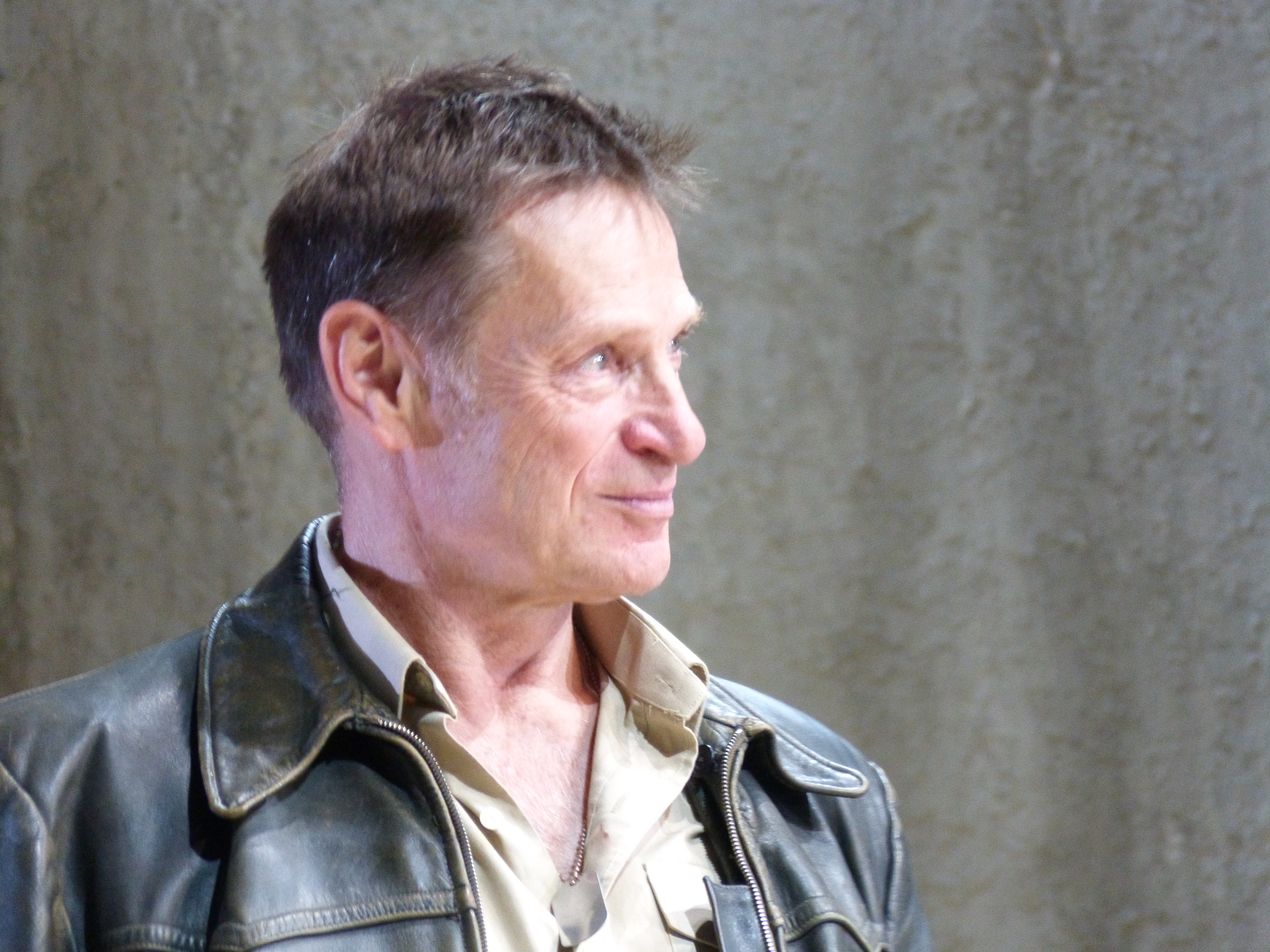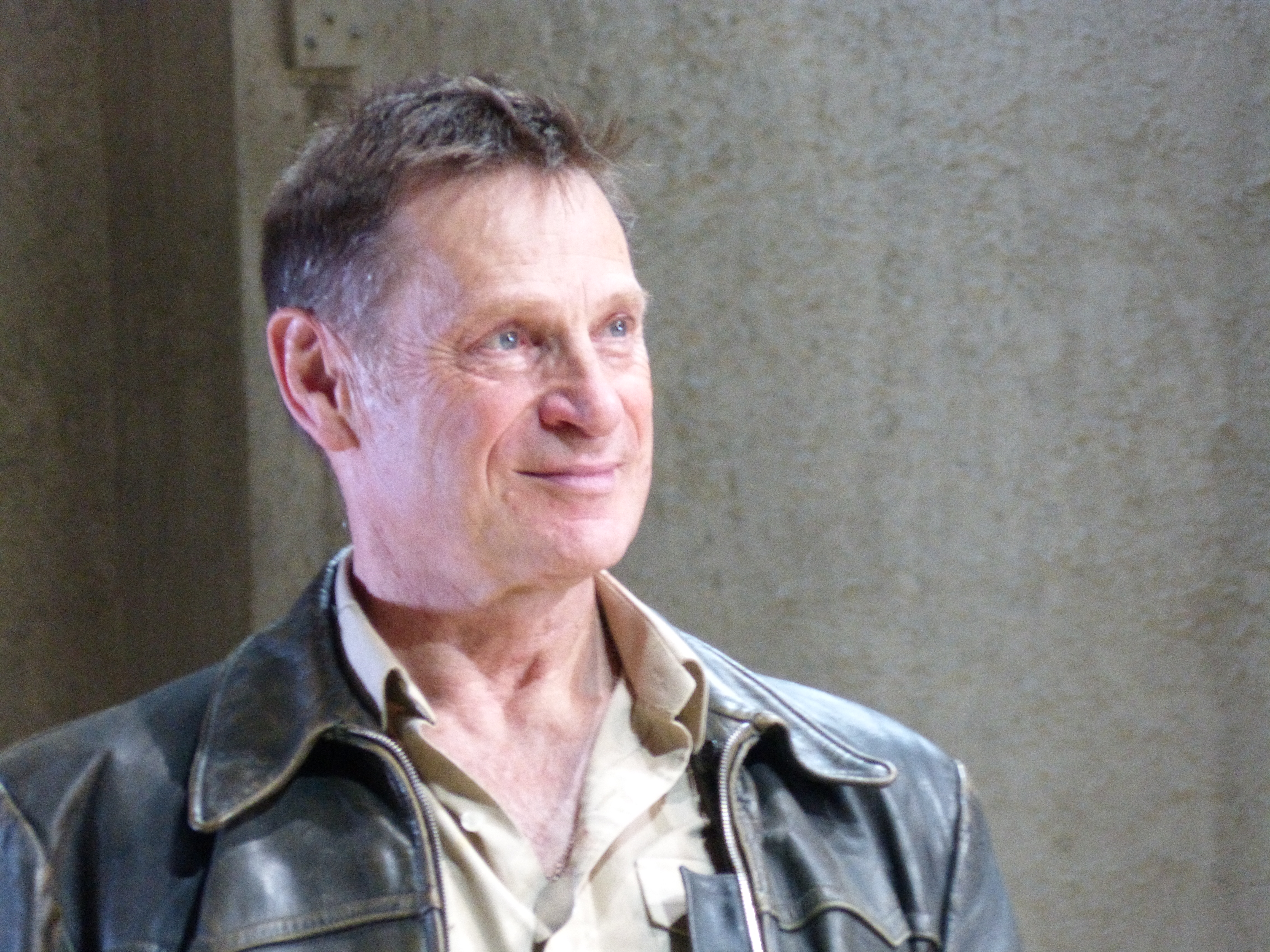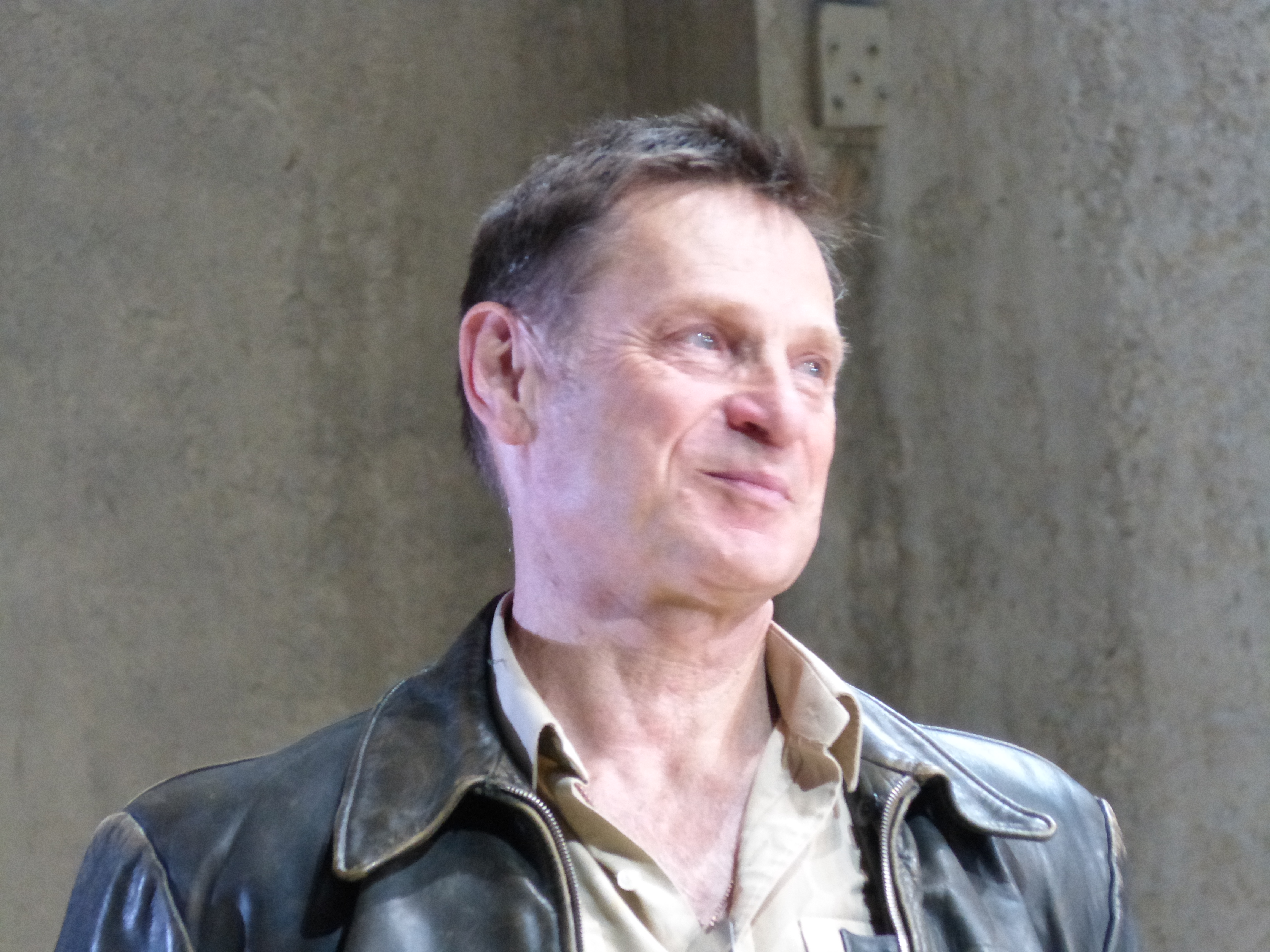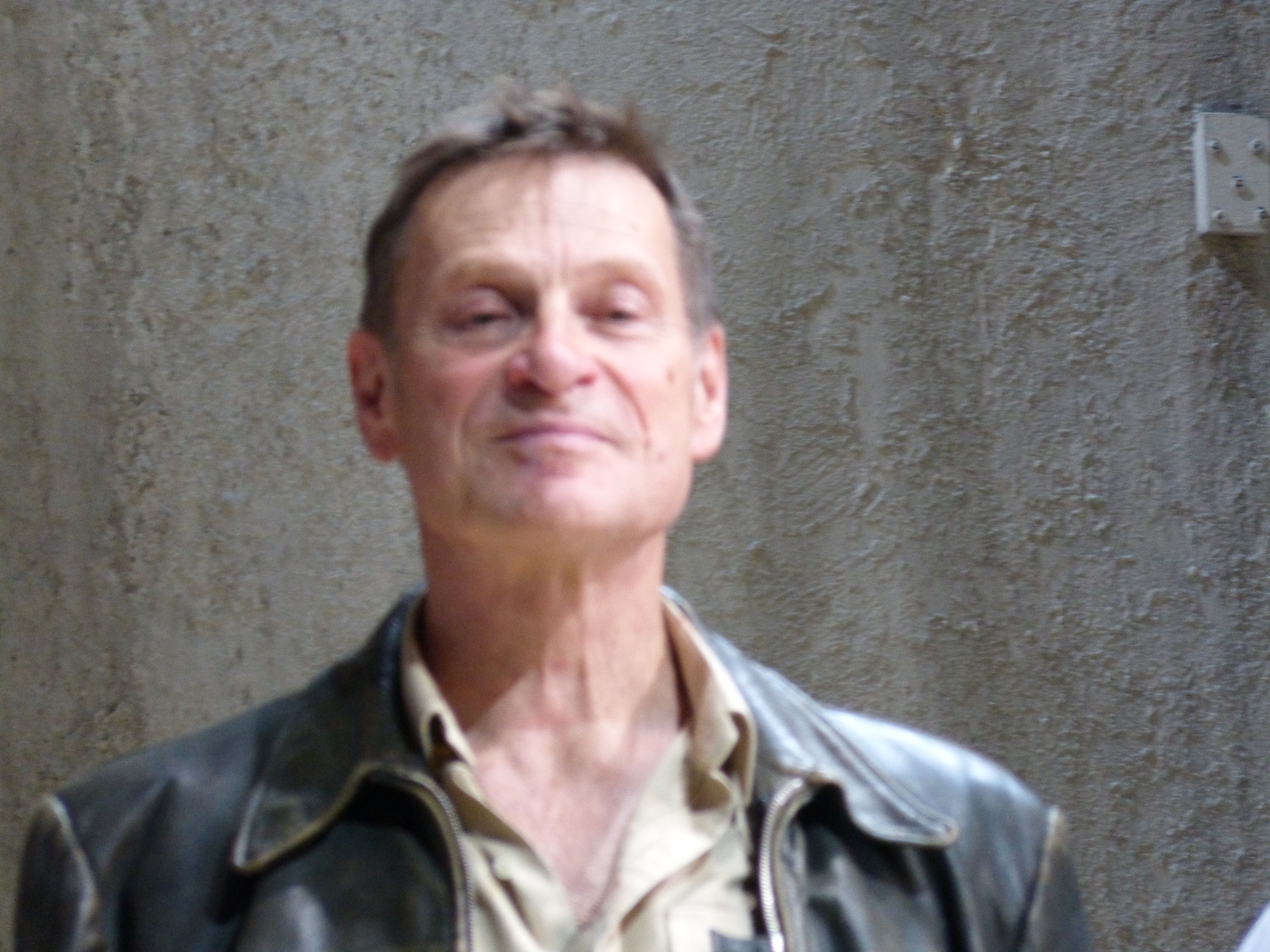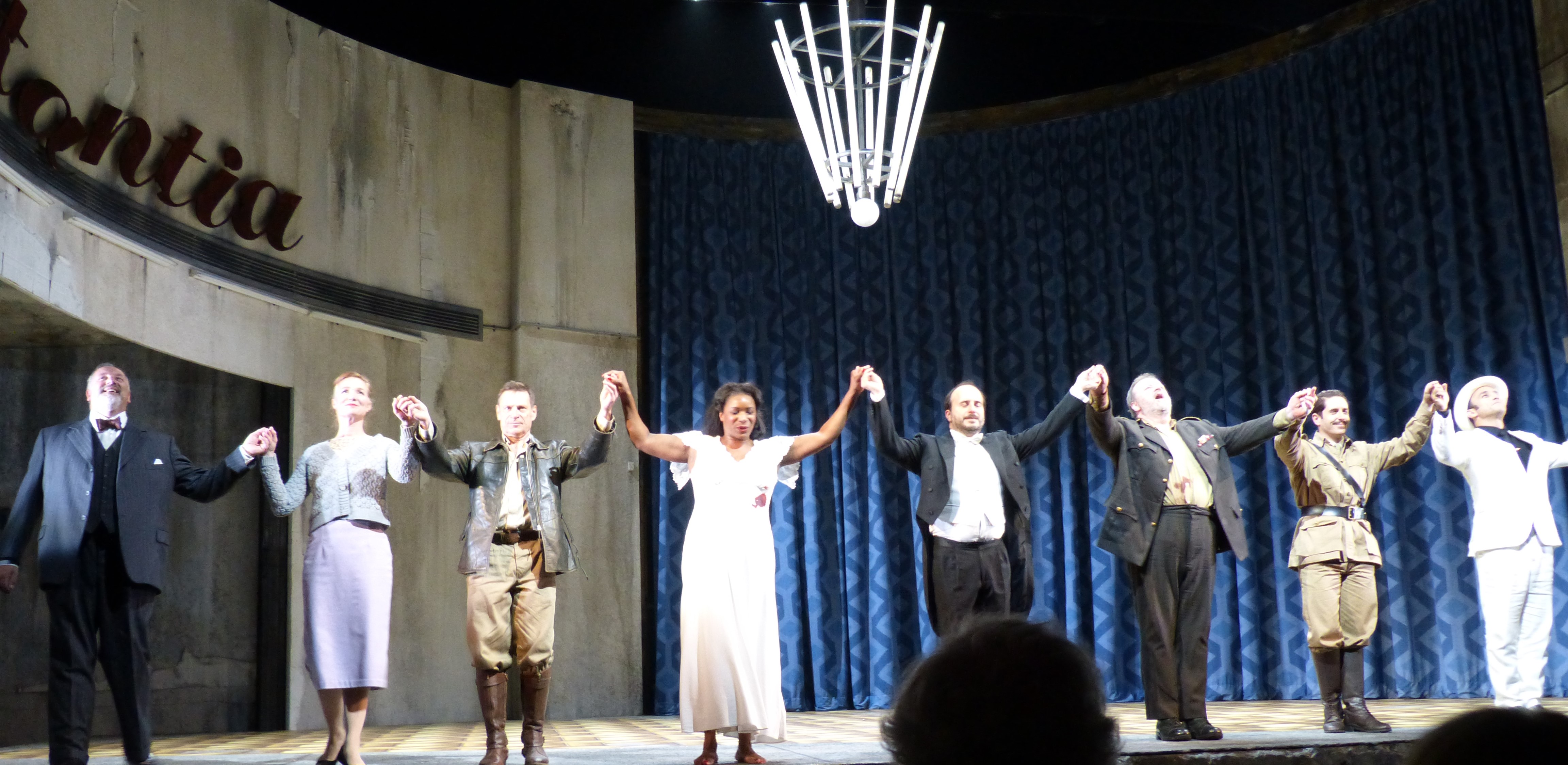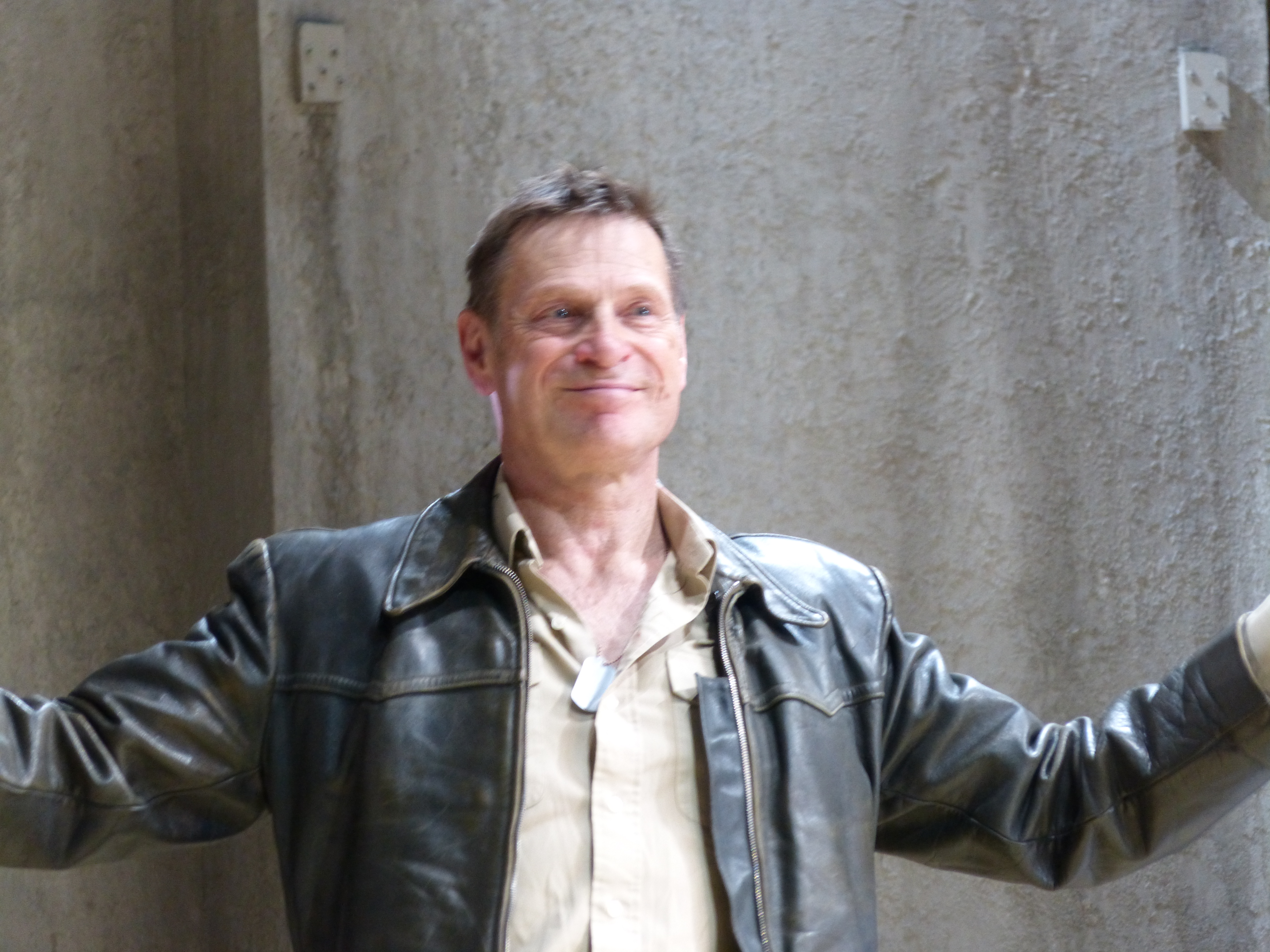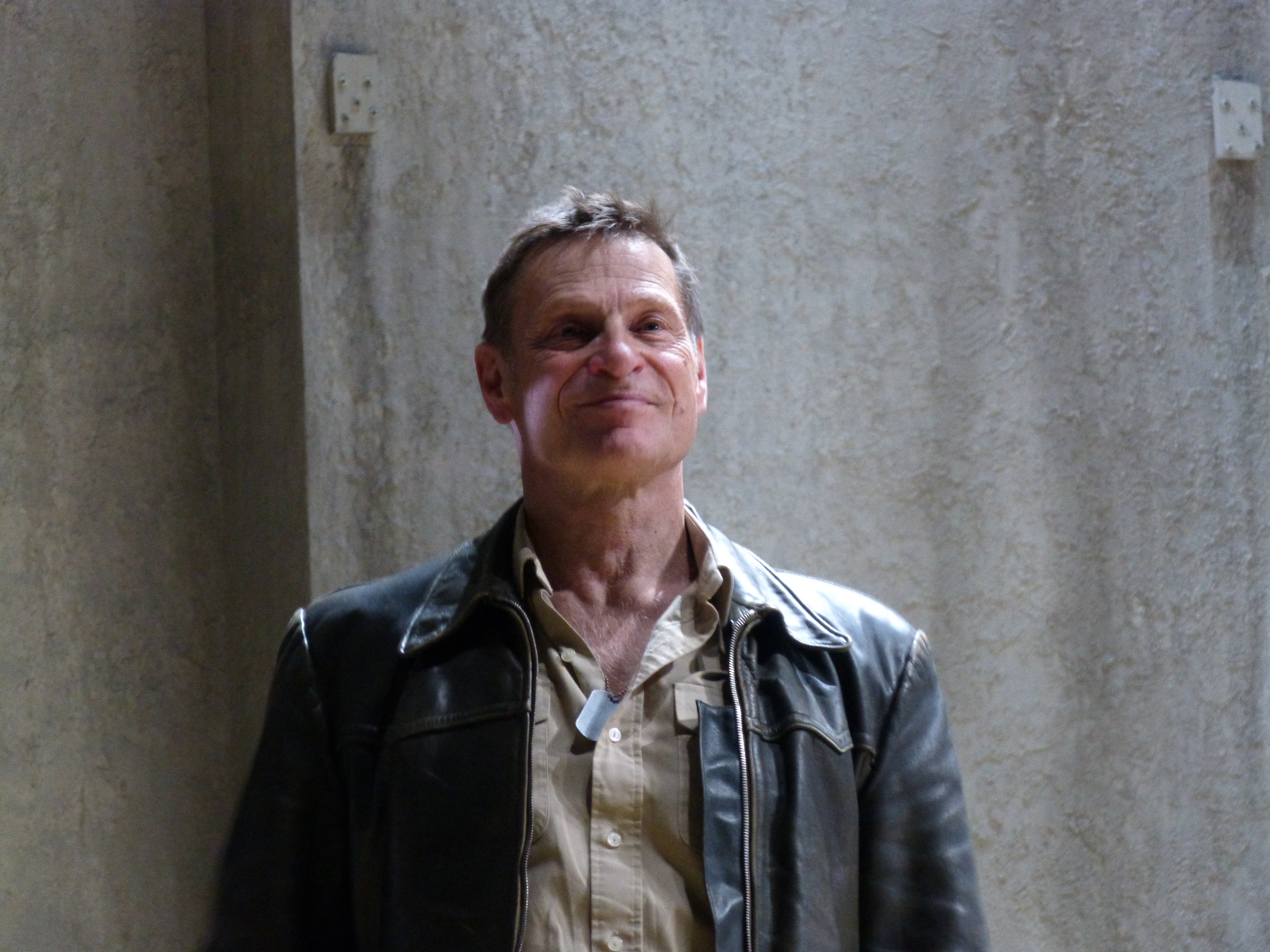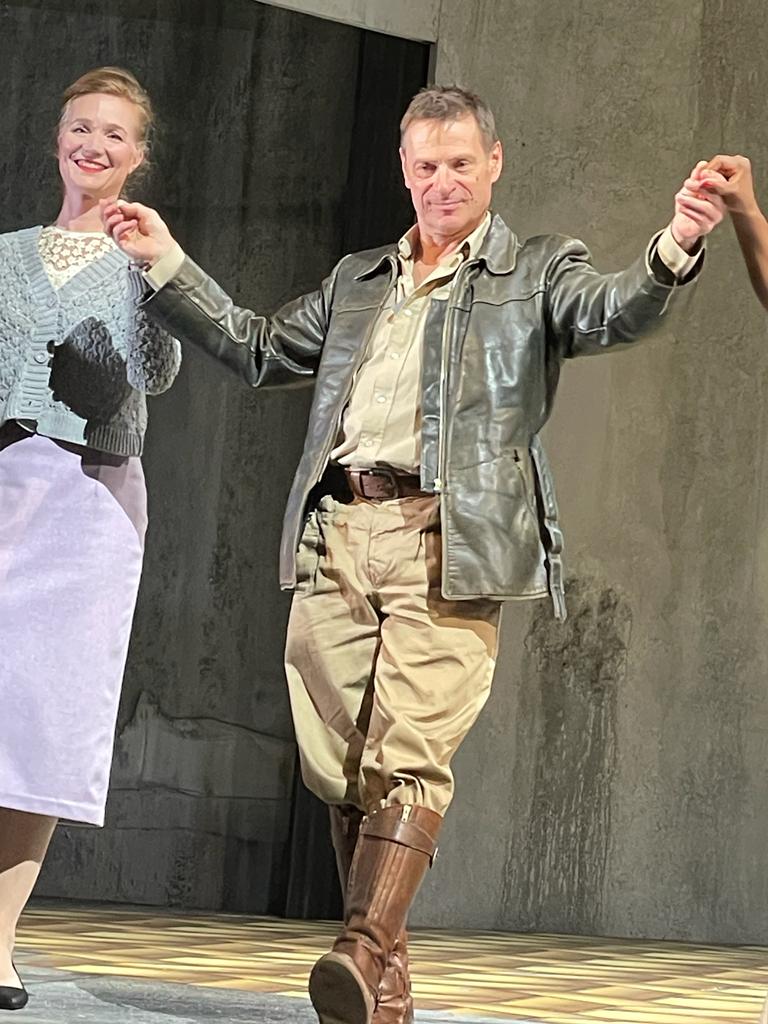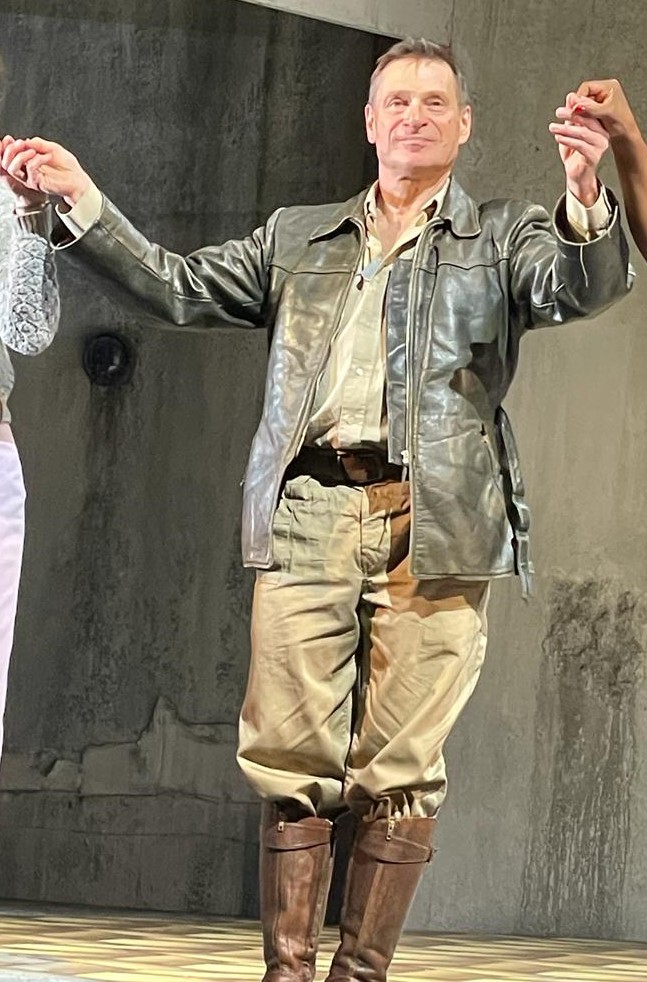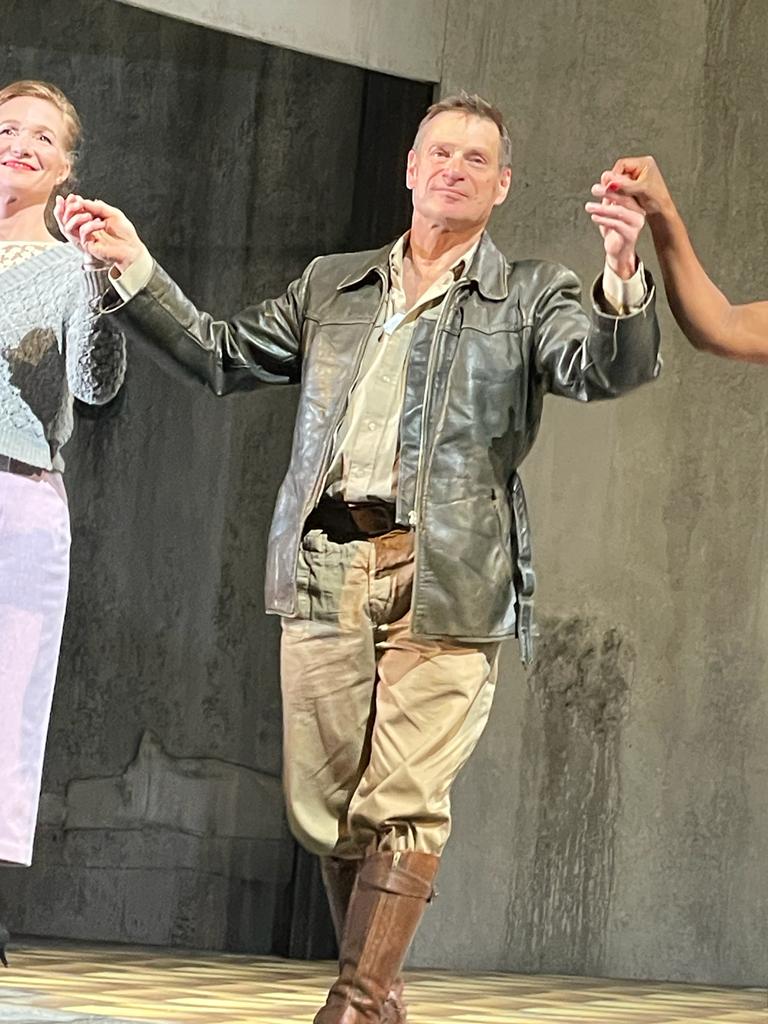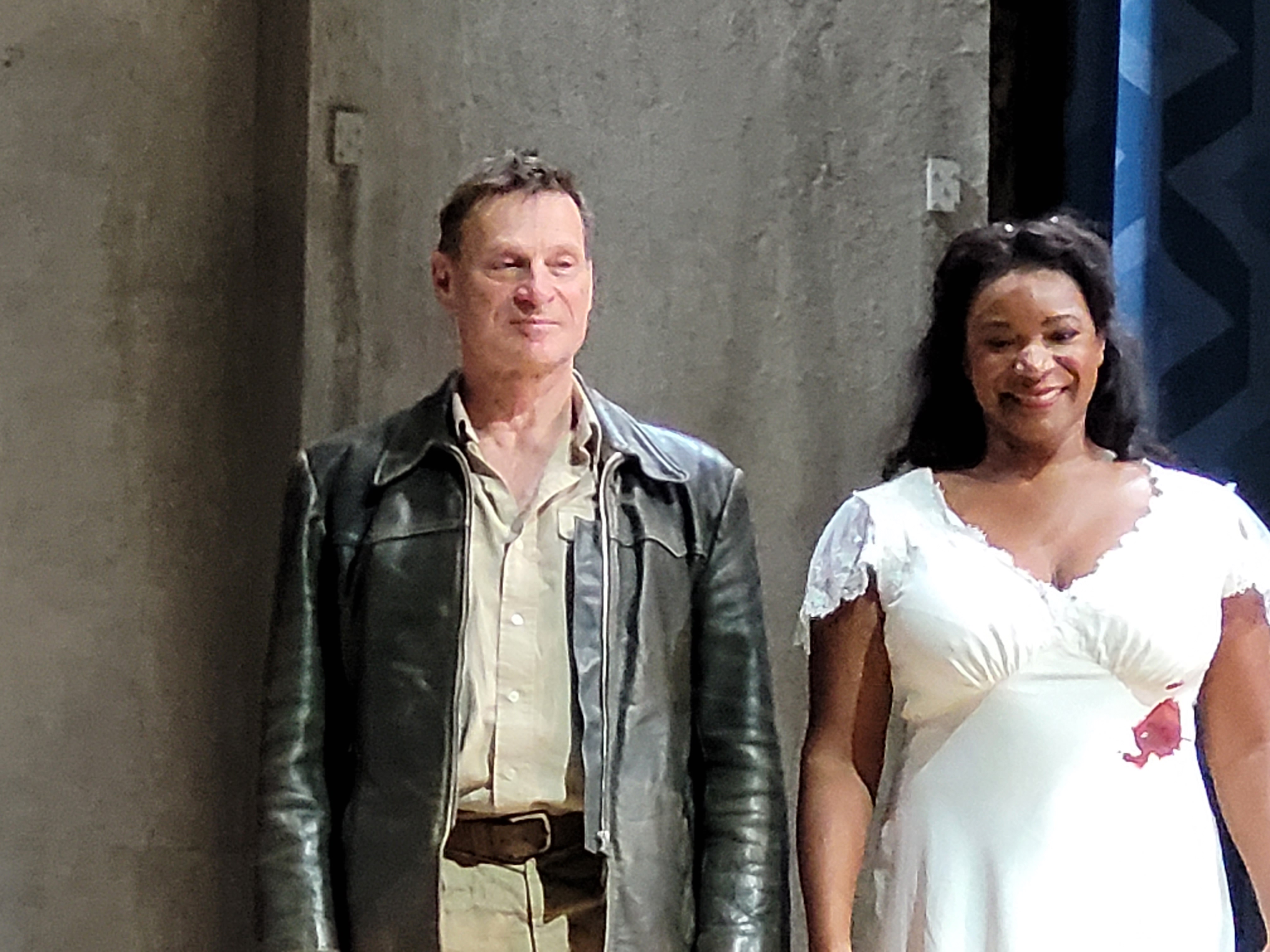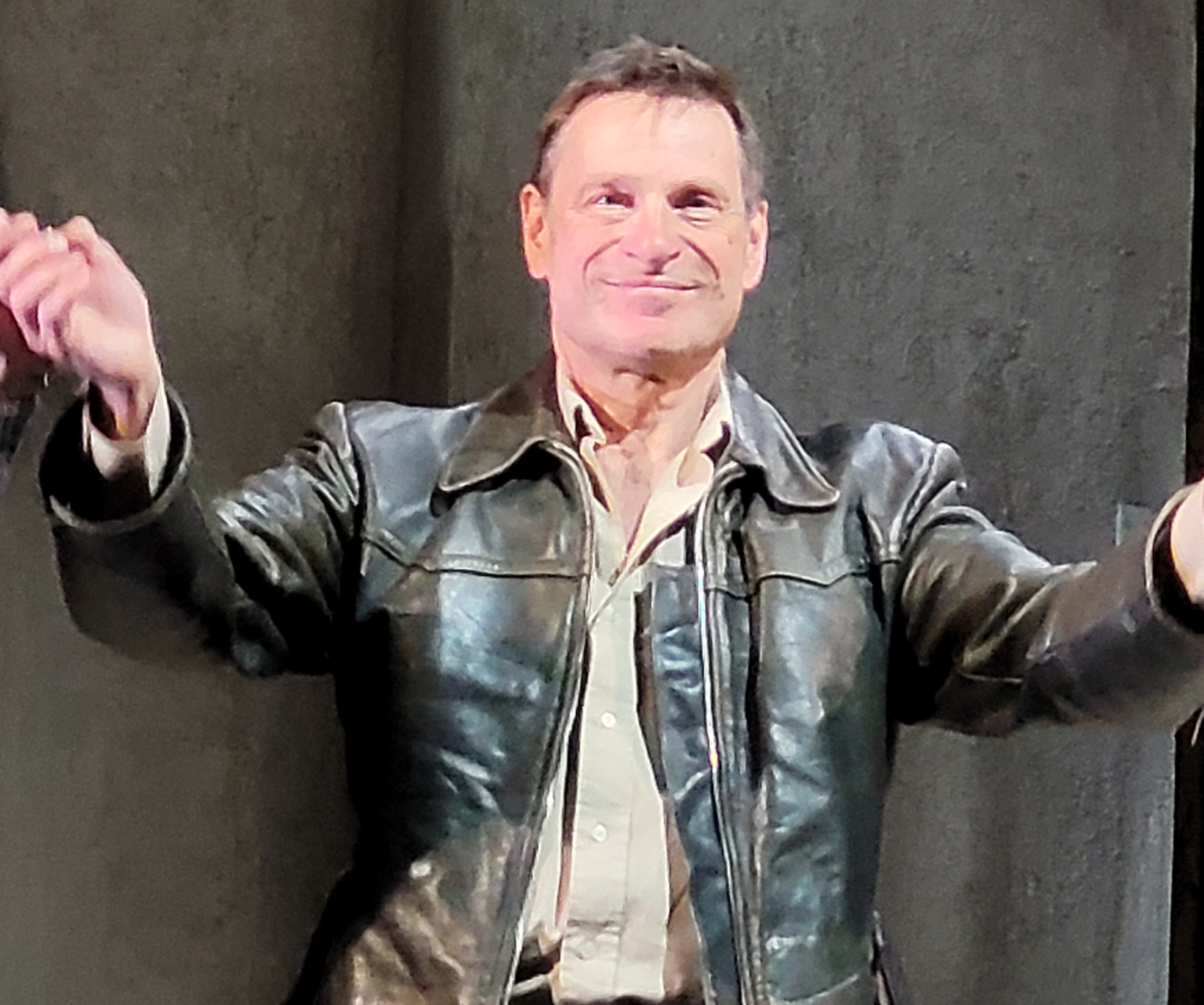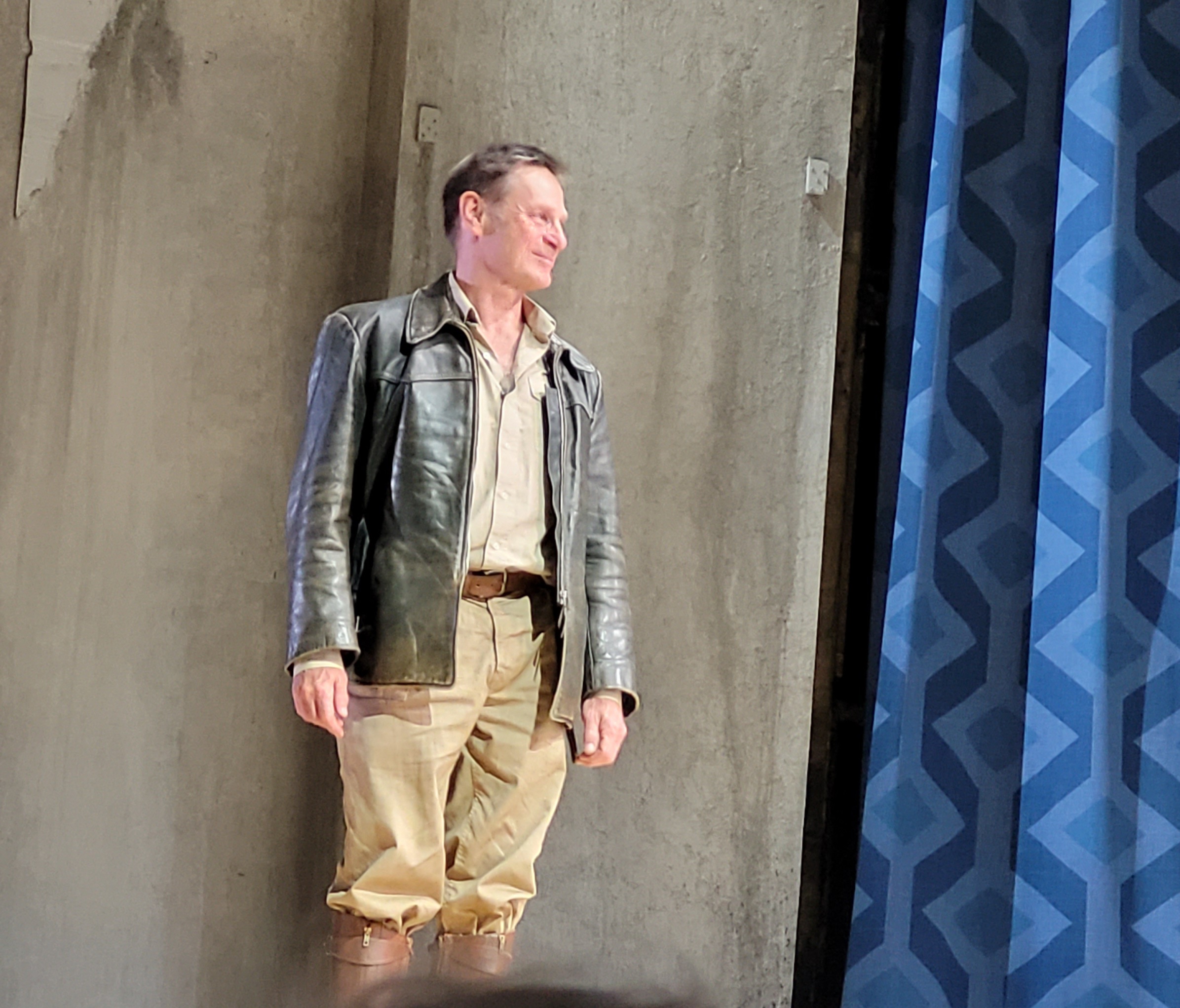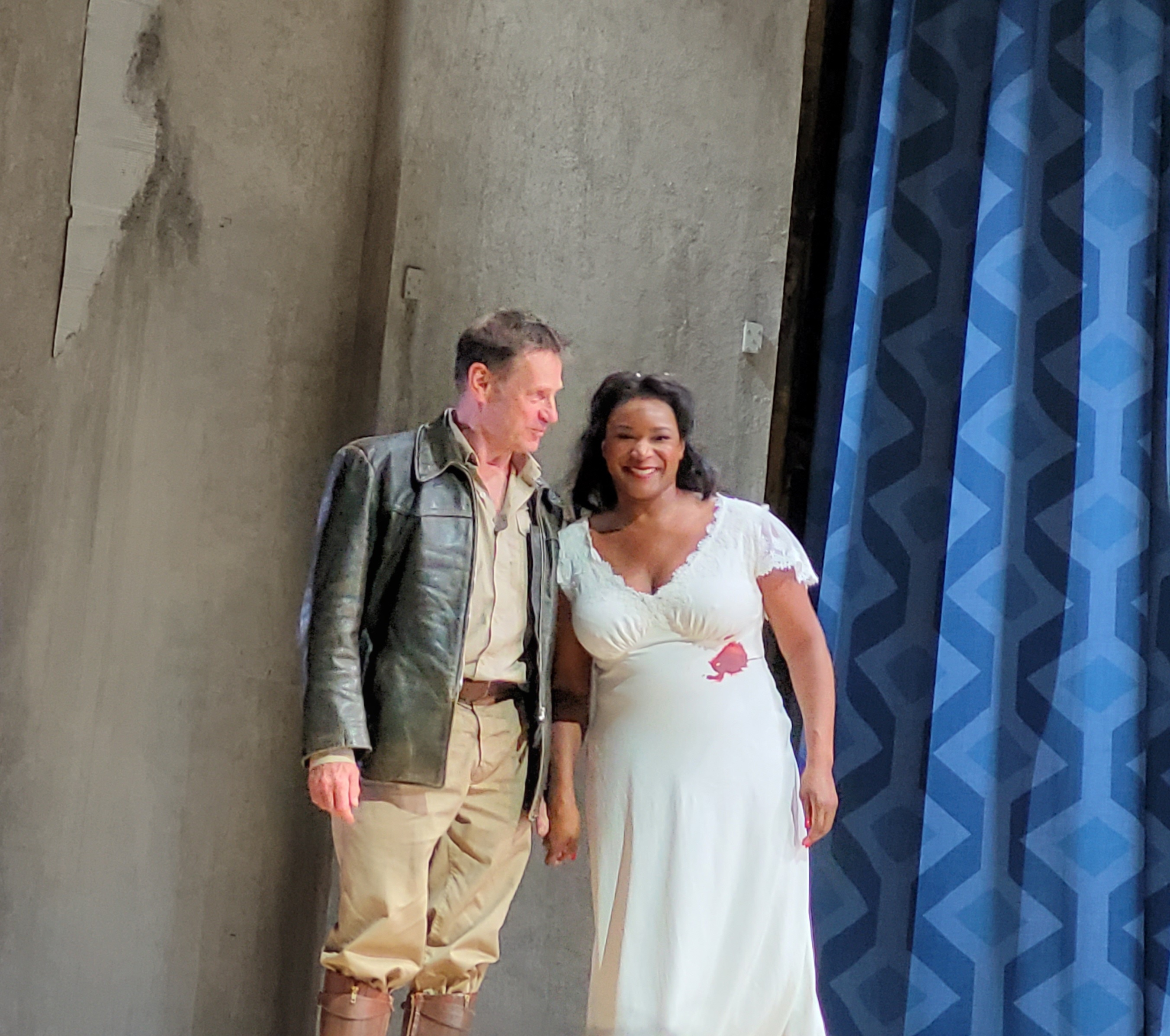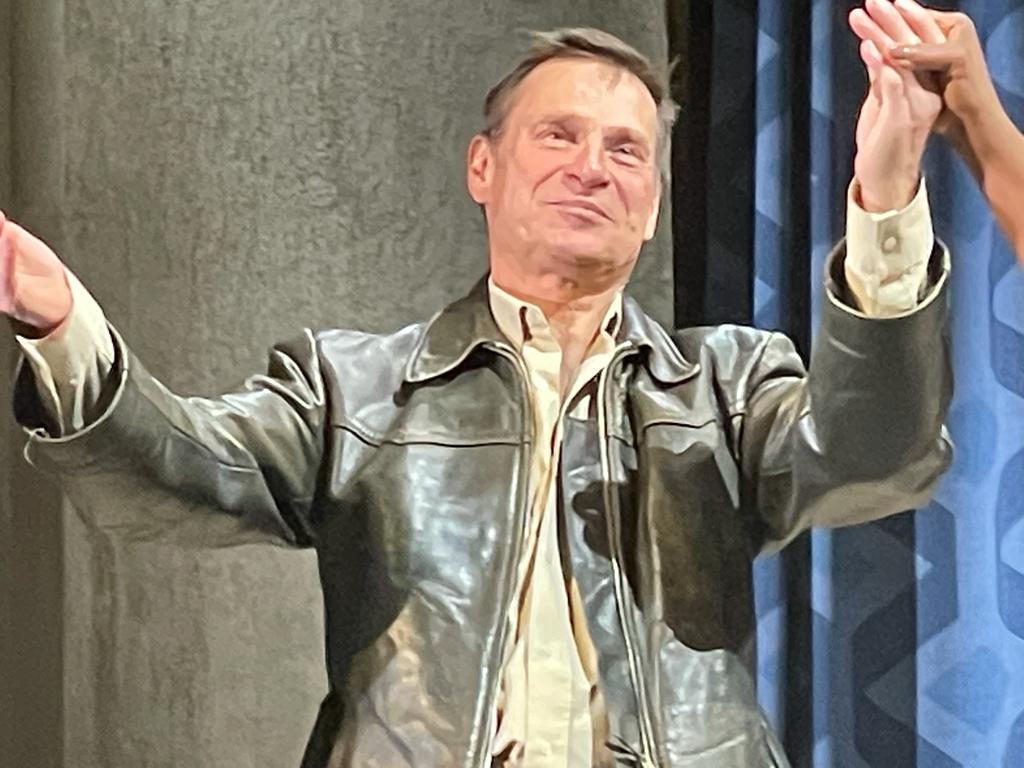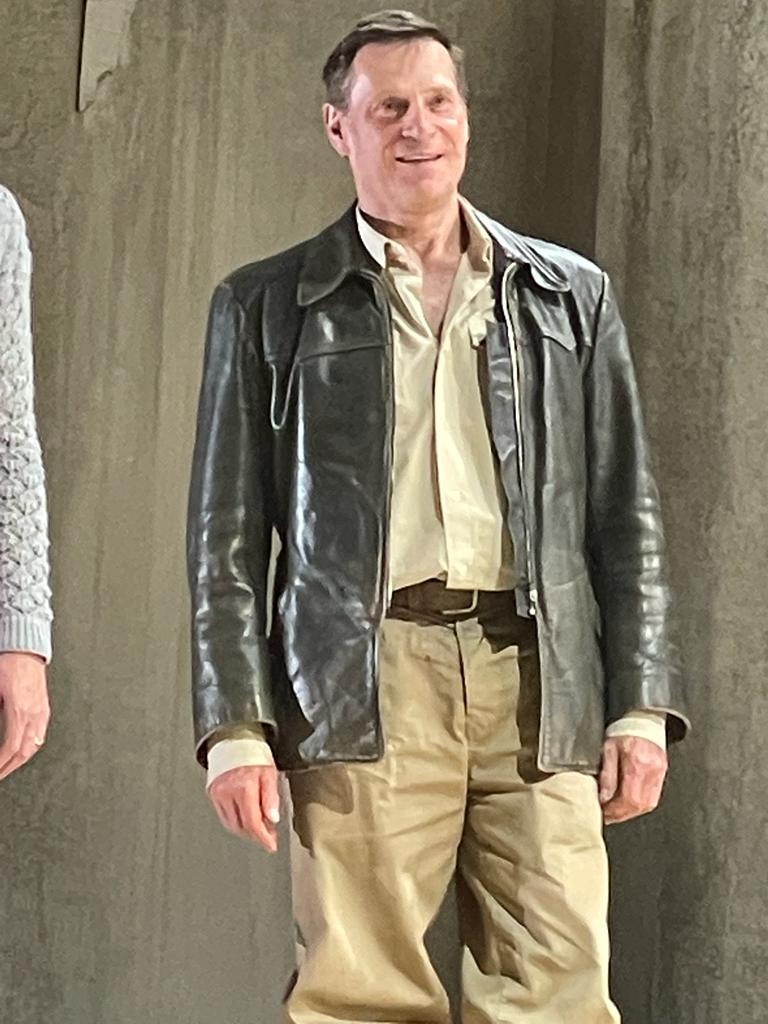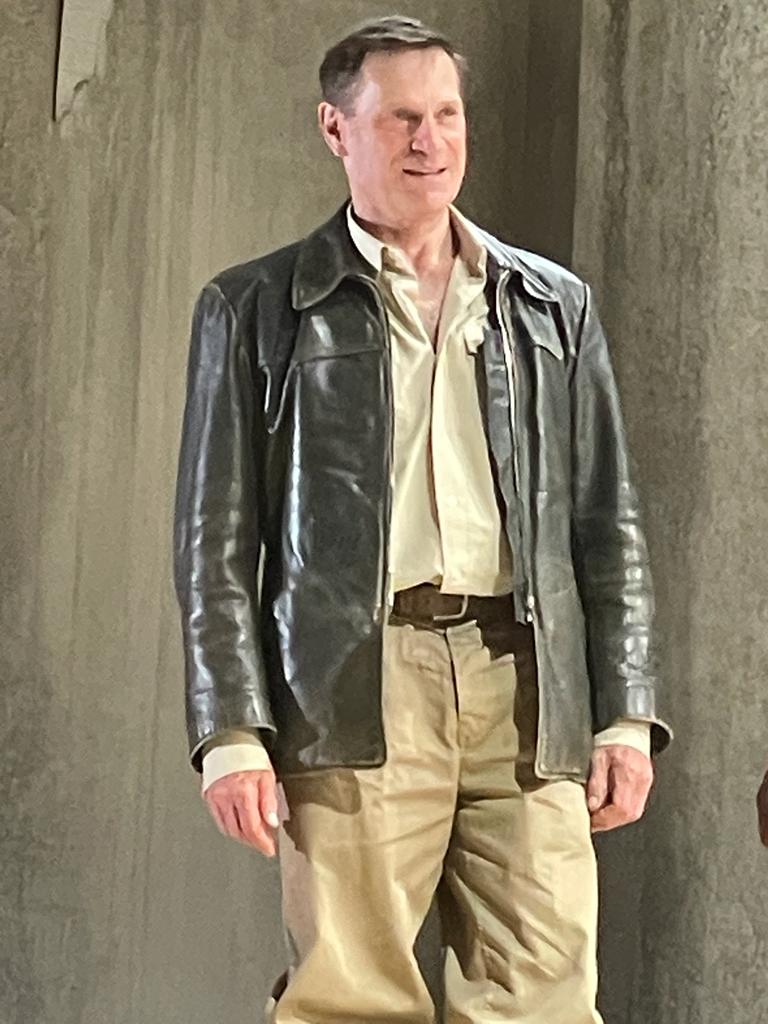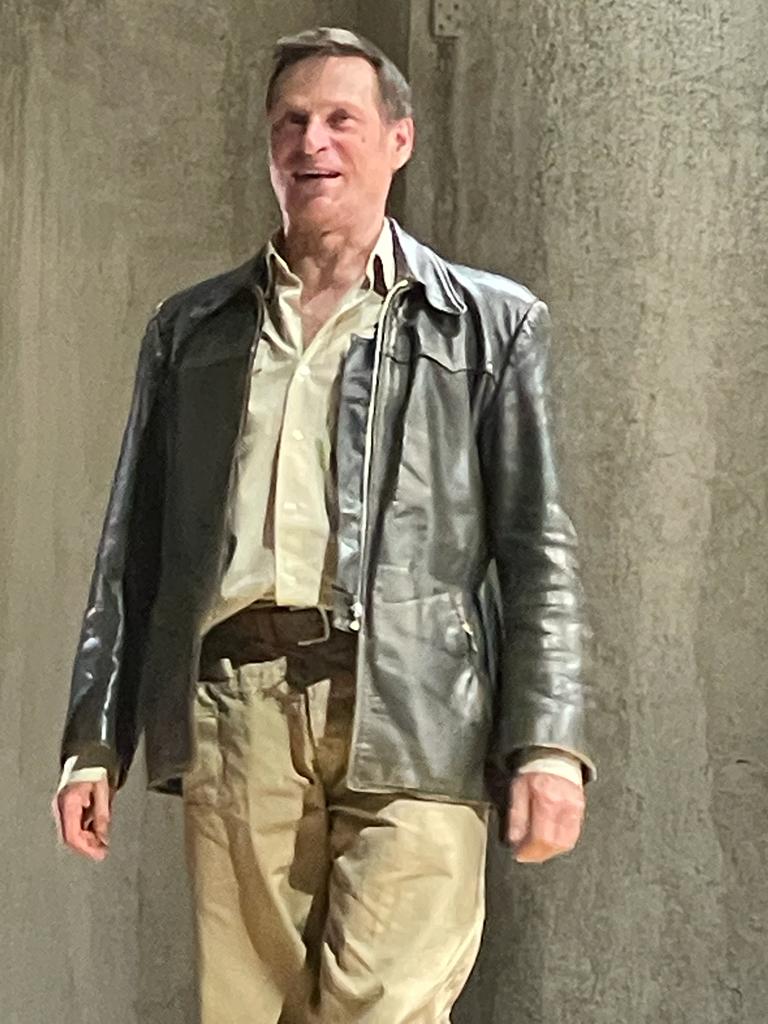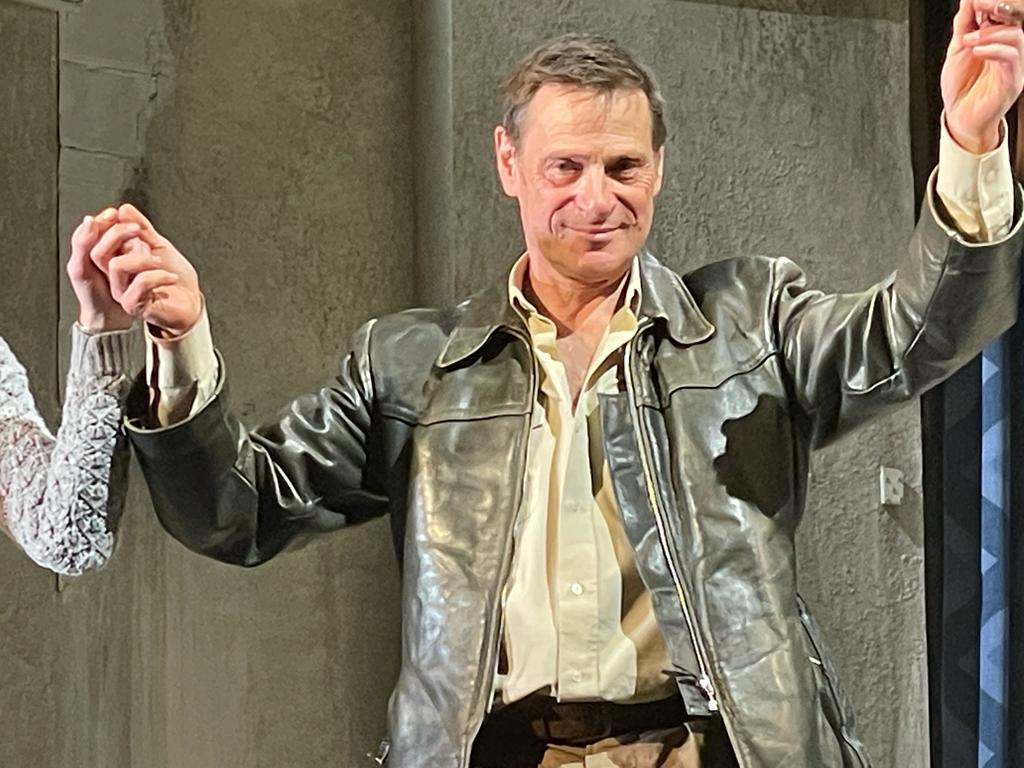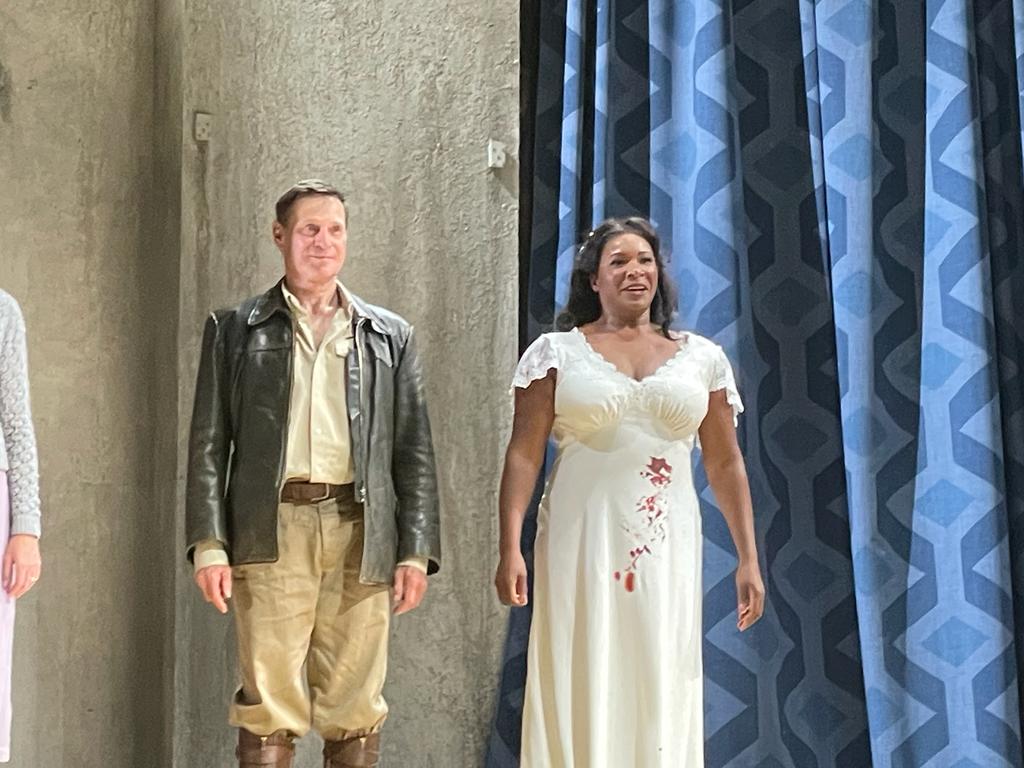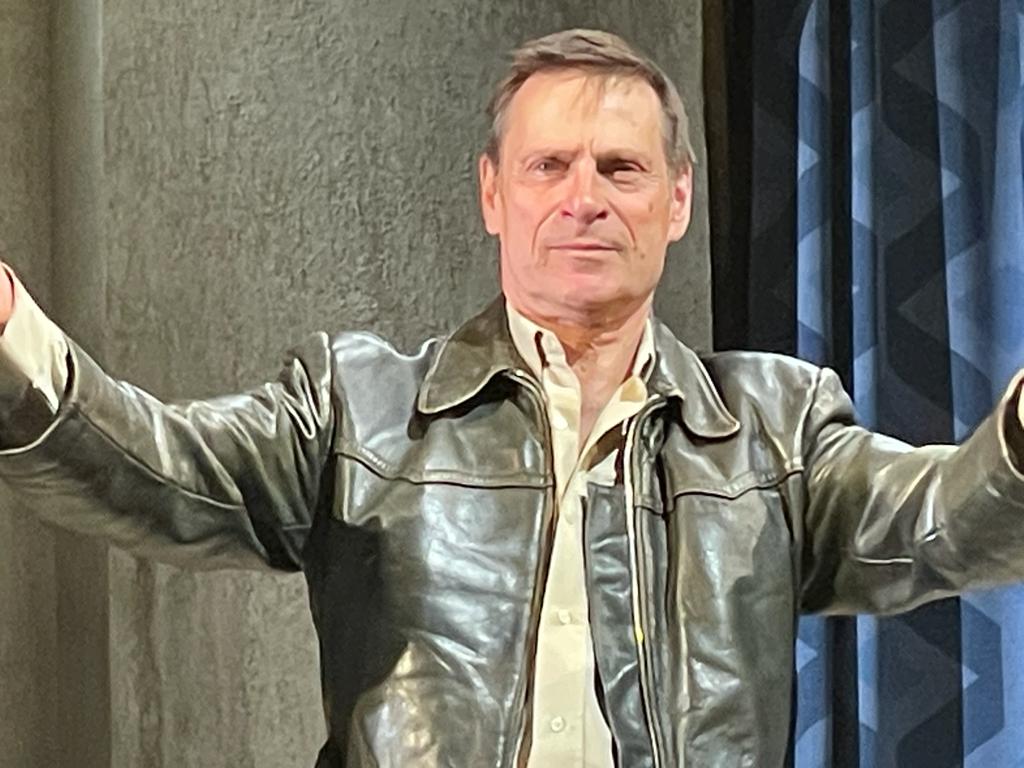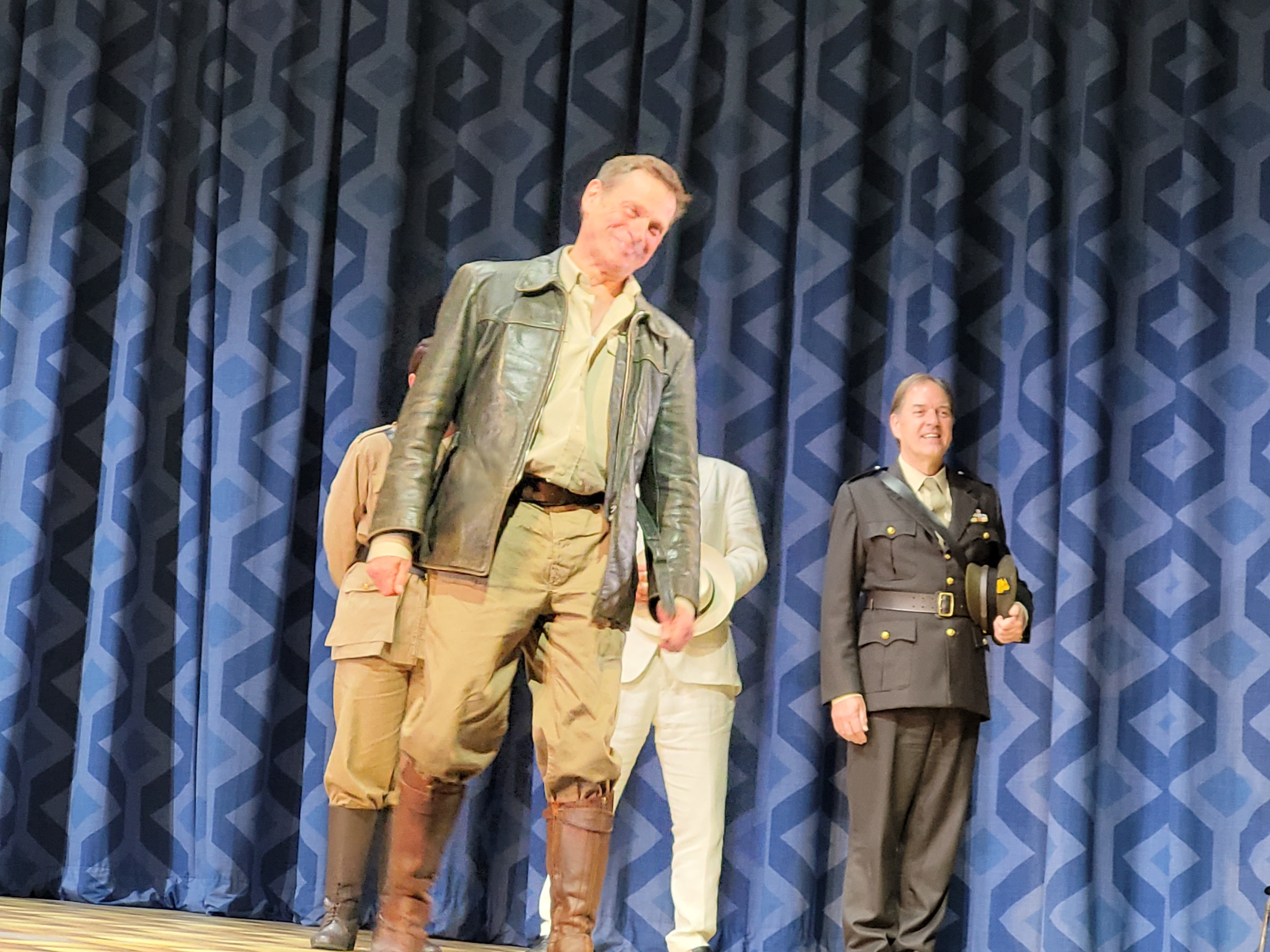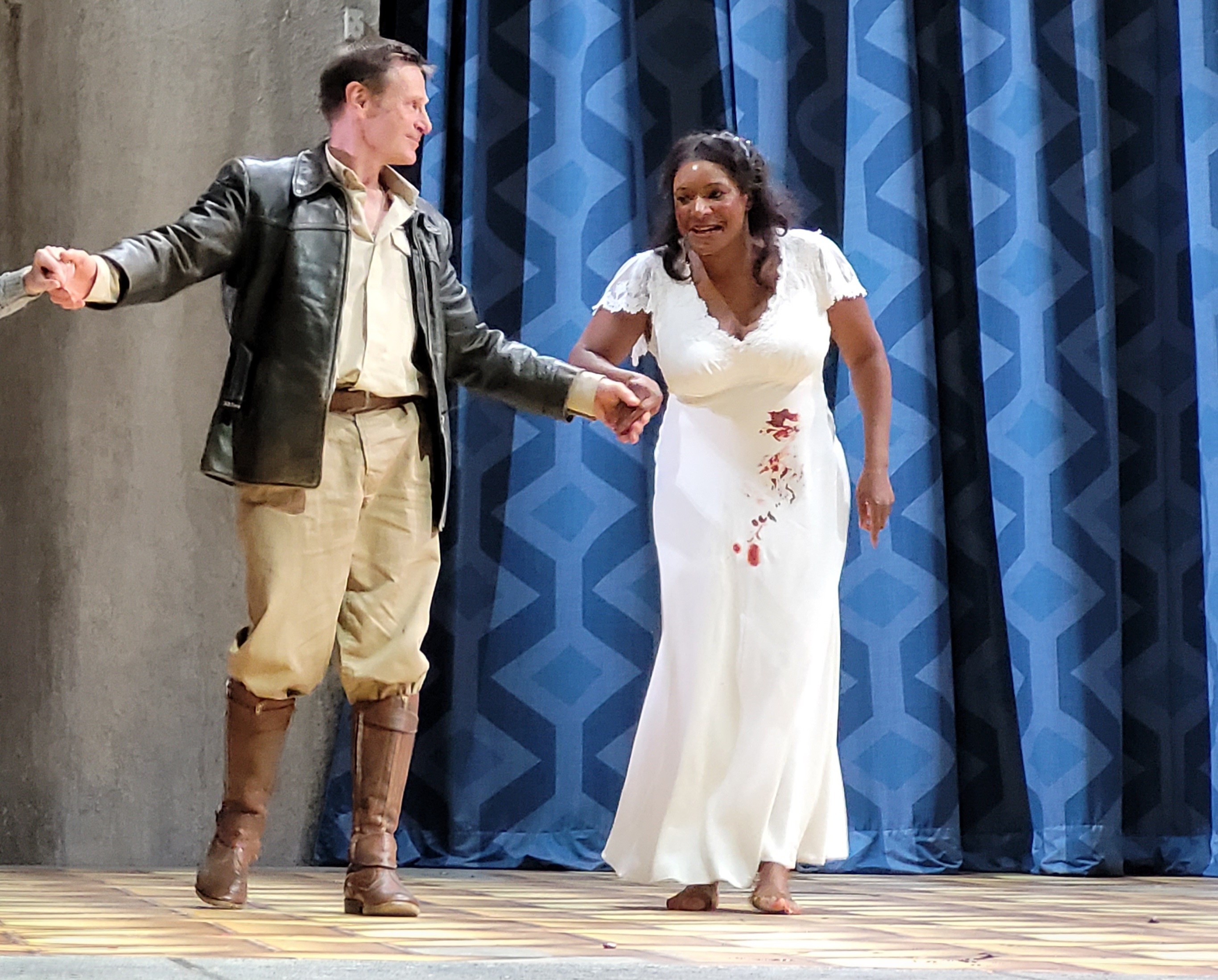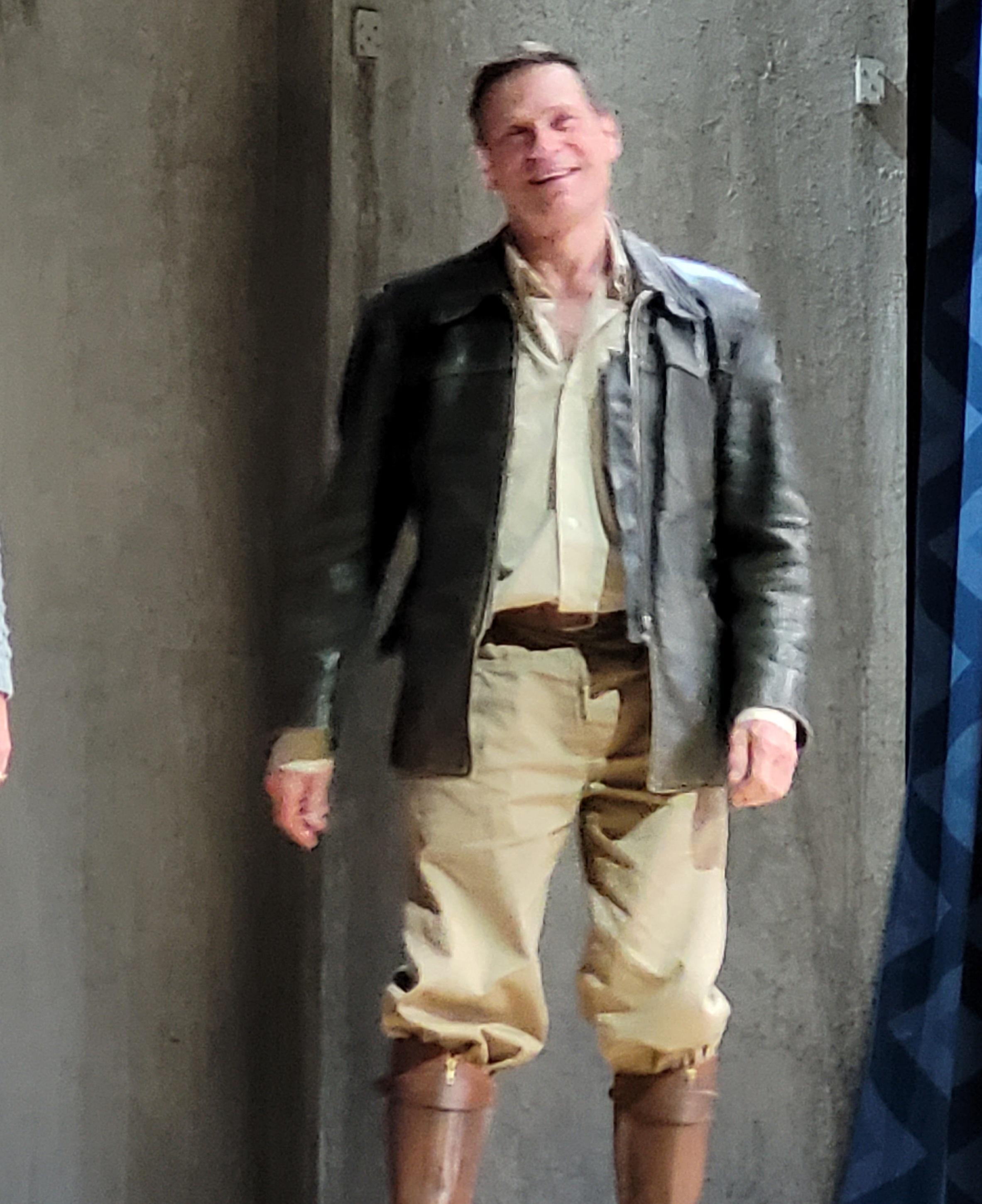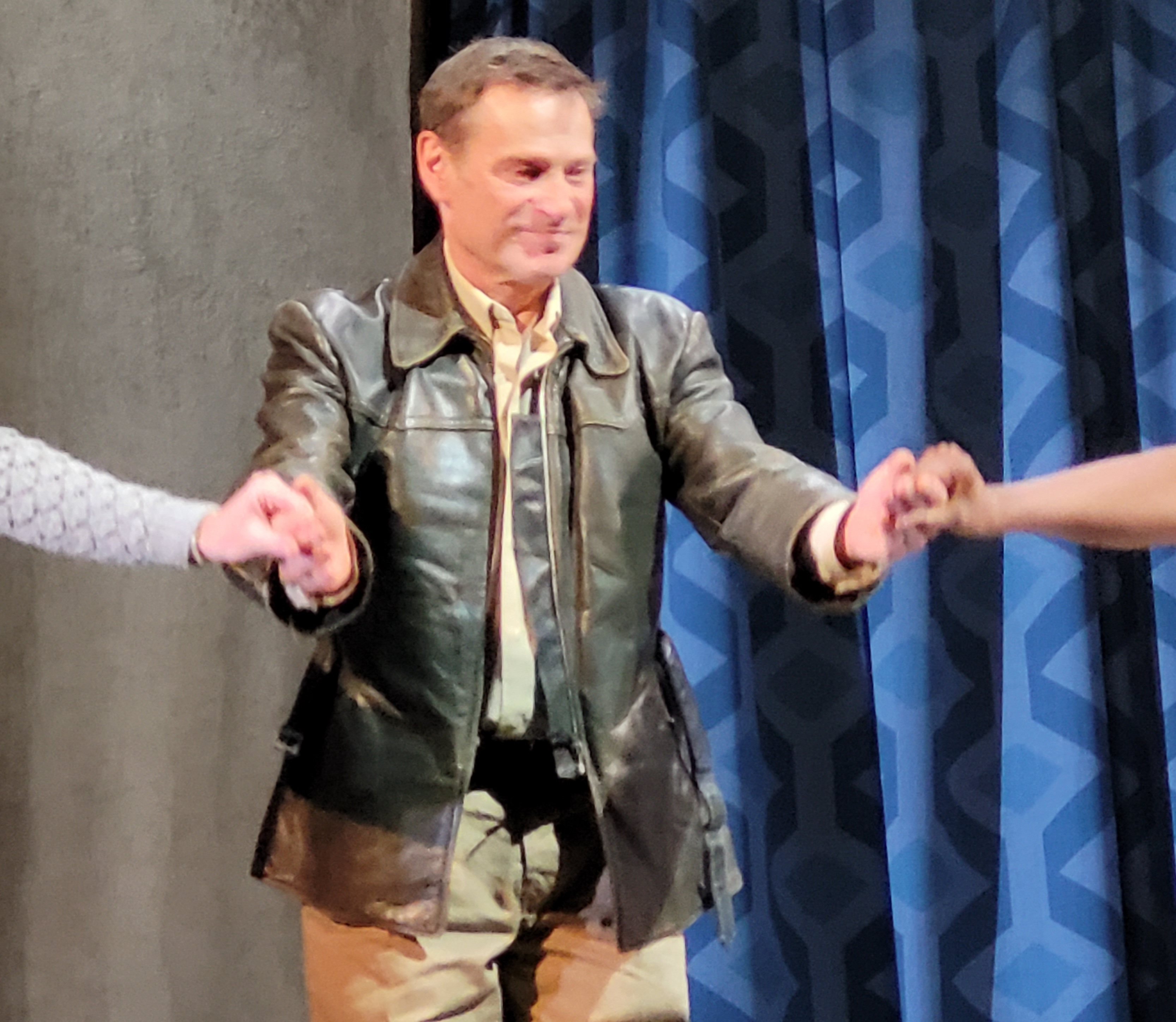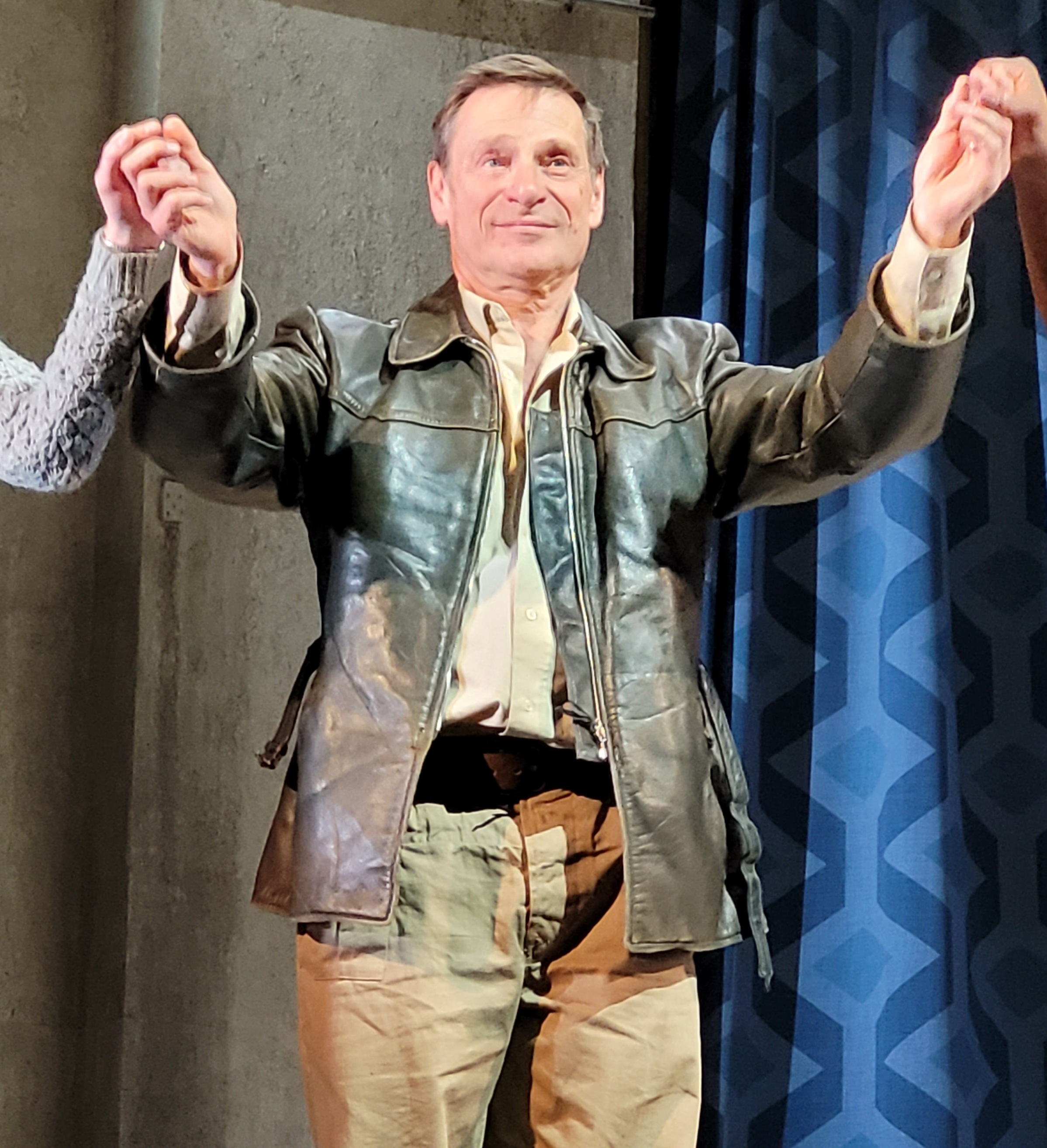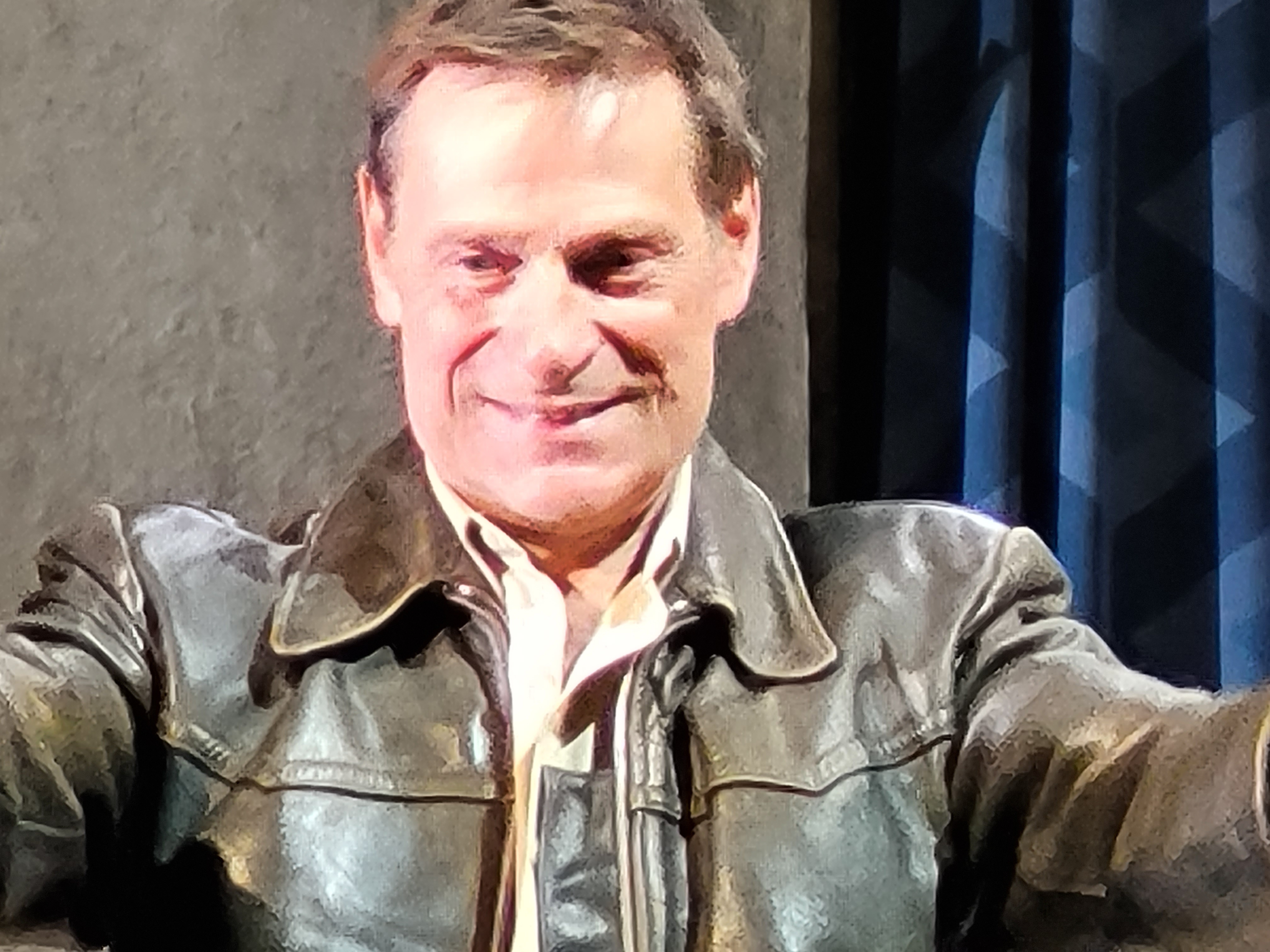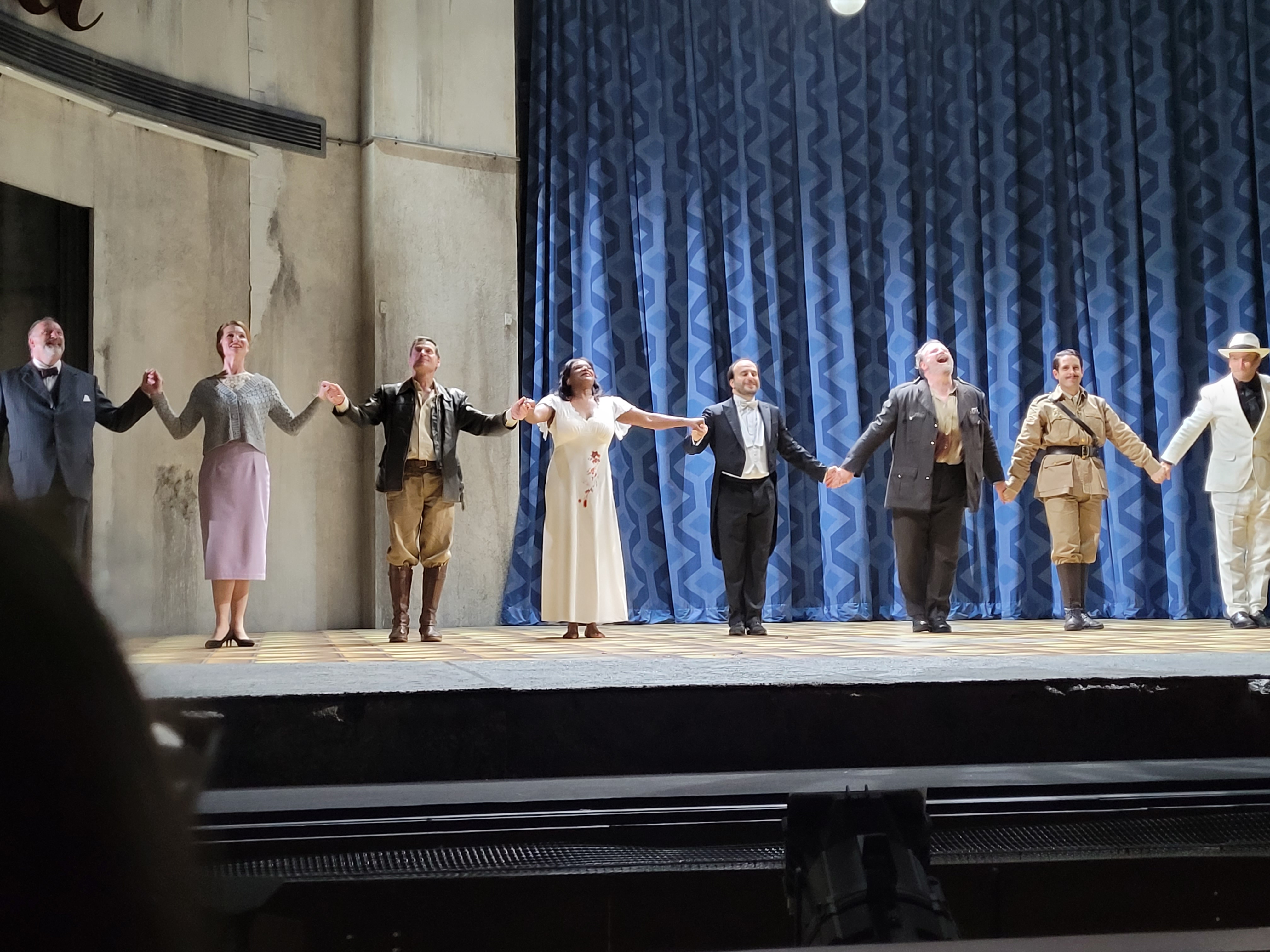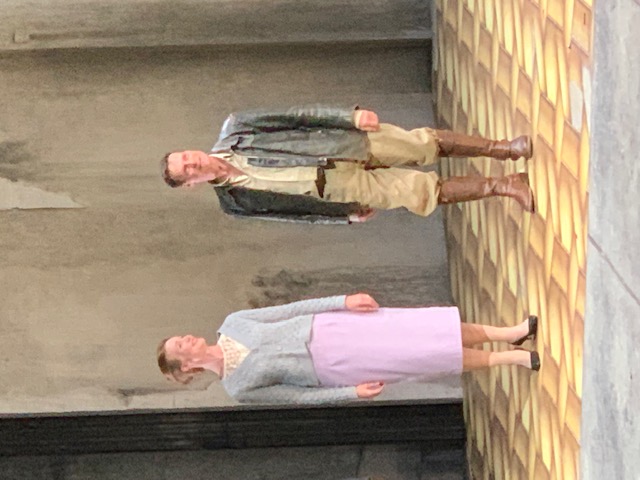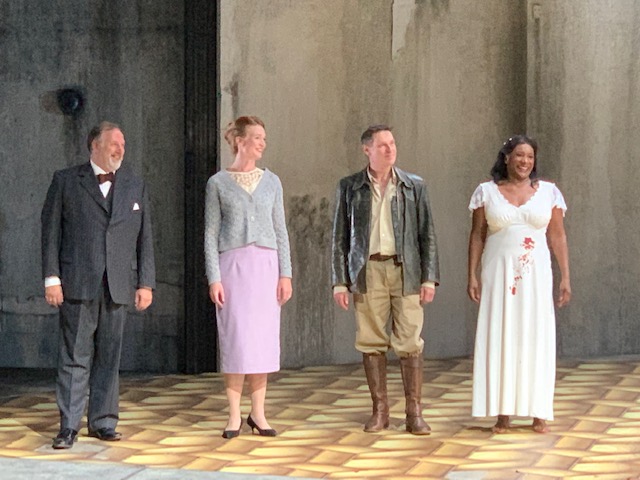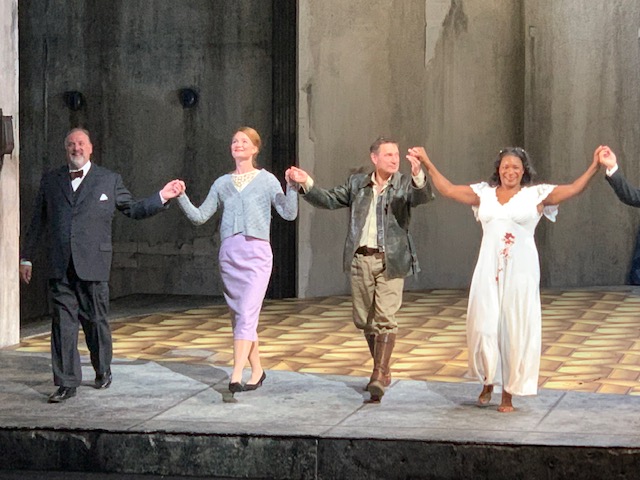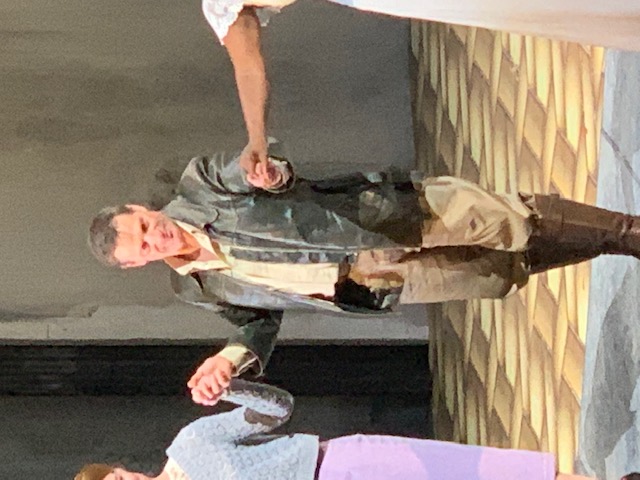Grange Park Opera, Surrey
|
19 June 2022 |
22 June 2022 |
25 June 2022 |
30 June 2022 |
3 July 2022 |
6 July 2022 |
9 July 2022 |
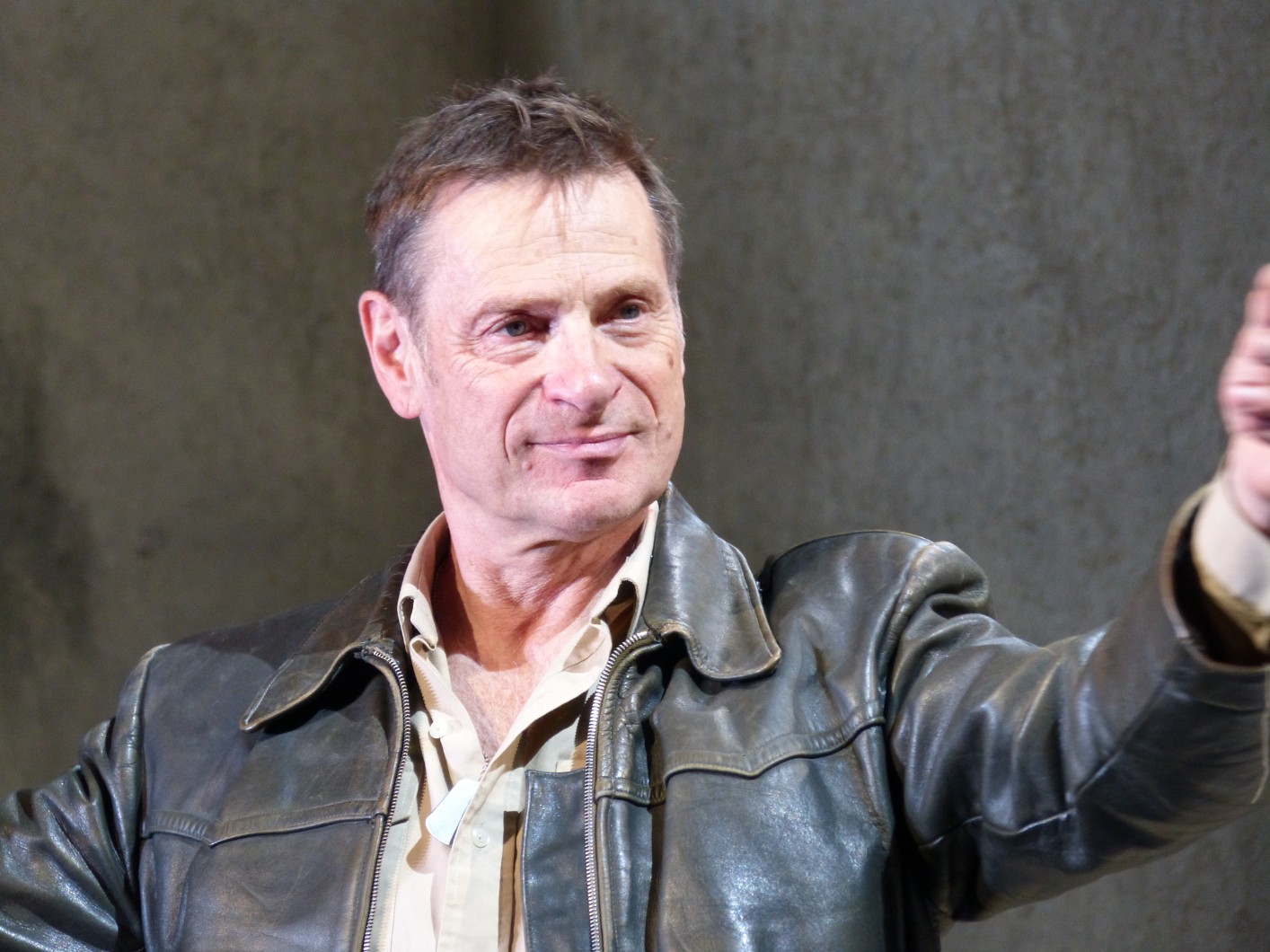
Composer : Giuseppe Verdi
Conductor : Gianluca Marciano
Performers
Otello : Gwyn Hughes Jones
Desdemona : Elizabeth Llewellyn
Iago : Simon Keenlyside
Emilia : Olivia Ray
Cassio : Elgan Llŷr Thomas
Roderigo : Anthony Flaum
Lodovico : Matthew Brook
Montano : Alan Ewing
From Grange Park Opera's website:
"Verdi’s opera, based on Shakespeare’s play about the tragic Moorish general manipulated into a frenzy of paranoia by his sidekick, Iago, was an immediate success – Verdi had 20 curtain calls at the opening night.
The opera has remained in the world’s repertoire ever since. The three leading roles – Otello, Desdemona and Iago – are among the most challenging Verdi ever created and Grange Park Opera is delighted that Simon Keenlyside, one of the most celebrated baritones today, will sing the role of Iago, with Gwyn Hughes Jones as Otello and Elizabeth Llewellyn as Desdemona.
It will be a night to remember.
Watch Grange Park Opera video of rehearsals Week 2
Watch Grange Park Opera video of rehearsals Week 3
Watch Grange Park Opera video in which Simon discusses 'Creating a Villain'
Watch Grange Park Opera video 'Otello on Stage'
SOUNDBITES
"...Simon Keenlyside's Iago had been promoted as the star of the show, and so he proved to be. In excellent voice, his tone replete with menace or silky persuasion as required, this Iago was a malevolent presence who easily convinced his volatile superior...."
"...And Keenlyside, famous for supping with the devil in the Royal Opera House’s Don Giovanni, is certainly evil incarnate. ..."
"...Simon Keenlyside's sullen, sardonic Iago steals the show......"
"...Sir Simon Keenlyside’s Iago, a lithe stage animal, drives the action, even appearing on stage before curtain up, receding into the background, stepping forward to progress his plan, everybody’s friend and nobody’s fool....Vocally impressive both in his “Credo” right through to its final high F, and in a sensuously insinuating “Era la notte” (briefly accompanied by a ringtone), we heard why Verdi almost called the opera Iago....."
"...At Grange Park Opera, the great Simon Keenlyside threatened at several points to overwhelm David Alden’s new production: a dominance rubbed in by his silent, watchful presence at the edges of the stage, even when he had no words to sing...."
"....As Iago himself, Simon Keenlyside’s baleful stage presence, superb singing and ostensibly honest bearing was the engine behind this excellent performance under the baton of Gianluca Marciano...."
We are not permitted to quote from the Financial Times review.
"...Keenlyside's burnished baritone is mesmerising, especially in Iago's hate-filled credo and when he and Otello swear a blood pact of revenge against Desdemona and her alleged lover, Cassio...."
"...With Otello as a less-than-exceptional character, Iago’s jealous determination to destroy him is difficult to understand and, although strongly sung, Keenlyside’s Iago seems strangely impassive. Only in the closing moments, as he watches Otello’s death-throes with neither triumph or enjoyment, do we see a sociopath, incapable of feeling any human emotion...."
"...Suspicion is the currency of Iago whose silent appearance at the front of the curtain before each act gives further weight to the disquieting presence Simon Keenlyside brings to this role. .... Keenlyside’s oak-aged baritone may have more tonal variety, but with a voice of such fire-side warmth, his nihilistic ‘Credo’ needs a little more edge and bite to summon his demonic worldview...."
".....Director David Alden would seem to have taken Verdi’s apparent initial desire to call the opera Iago to the extreme of building the entire production around him – he is rarely off stage and even appears in front of the curtain before each act unfolds. As such the production is a showcase for the vocal finesse of Simon Keenlyside, deep in characterisation, impressively controlled and golden, even as words of venom poured from his mouth. On the Grange Park stage, with the audience up close, the sullen psychologically sinister performance can be particularly measured and subtle. If anything, the hatred in the voice is a little too psychotic, cold and calculated....."
".....David Alden es un director de escena internacionalmente reconocido por su originalidad de conceptos y la intensidad de su regie de personas. Y Simon Keenlyside es uno de los barítonos mas destacados de la actualidad, no al final de su carrera sino en la cumbre de la misma. Y Simon Keenlyside es uno de los barítonos mas destacados de la actualidad, no al final de su carrera sino en la cumbre de la misma. No es de extrañar que Alden haya convertido al primer Iago de Keenlyside en el pivote de toda su producción...
...Pero en esta producción todo es una tormenta desencadenada por un Deus ed Machina impertérrito en su calma y sus propósitos. Antes de la primera explosión orquestal, el Iago de Keenlyside triunfa sin abrir la boca, simplemente apareciendo a un costado de la escena como un capitanejo con botas, de contenida reciedumbre y elegancia y dispuesto a observarlo todo como un corifeo griego: decididamente, él está afuera de las pasiones que sabe como desatar.
Al comienzo y final de cada acto, este Iago examina con discreta atención el progreso de su trama. Antes del telón final, todos huyen de una escena que se les ha hecho irrespirable para dejar solo a un Iago que, con la misma contención que demostró al comienzo, contempla dos cadáveres cómodamente sentado en un sillón: ¡misión cumplida!
La voz de Keenlyside siempre me ha parecido algo clara y abierta para este tipo de personajes y en este caso también extrañé una mayor densidad en los forte, por ejemplo en algunos pasajes del Credo. Pero aquí fueron precisamente estas características las que lo ayudaron a espetar un fraseo de antológica claridad e intención. Ello gracias a algo raro en un cantante no italiano, a saber, un mordente nítido, pero nunca exagerado, un squillo preciso y un legato sólidamente apoyado...
A diferencia de otras producciones en las cuales Iago aparece como un villano oscuro y poco diferenciado en la primera escena, Keenlyside brilló en ella como el verdadero protagonista. No hubo frase o comentario, por mas fugaz que fuera, que no resaltara a través de la masa coral y orquestal. Predeciblemente, su interpretación de “Era la notte, Cassio dormia” fue, creo, insuperable por el sostenido y la incisividad de su mezzo-piano. Y el final del credo le salió como a nadie: “¡la muerte no es nada!” explicó esta especie de Putin al público como si buscara tranquilizarlo antes de caracterizar jovialmente al cielo como una fábula....."
"… David Alden is a stage director internationally renowned for his originality of concepts and the intensity of his directing of people. And Simon Keenlyside is one of the most outstanding baritones of today, not at the end of his career but at the height of it. No wonder Alden has made Keenlyside's first Iago the pivot of his entire production. ...
… But in this production everything is a storm unleashed by a Deus ex Machina undeterred in his calm and purpose. Before the first orchestral explosion, Keenlyside’s Iago triumphs without opening his mouth, simply appearing to one side of the stage as a boot clad captain, of restrained coolness and elegance, and ready to observe everything like a leader of the chorus in Greek drama: he is definitely outside the passions he knows how to unleash.
At the beginning and end of each act, this Iago examines the progress of his plot with discrete attention. Before the final curtain, they all flee from a stage where it has become impossible to breathe, leaving Iago alone - who, comfortably seated in an armchair, contemplates two corpses with the same restraint he showed at the beginning - mission accomplished!
Keenlyside’s voice has always seemed to me to be a little too light and and open for this type of character and also in this case I missed a greater density in the forte, for example in some passages of the Credo. But here it was precisely these characteristics that helped him to spark a phrasing of anthological clarity and intent. This is thanks to something rare in a non-Italian singer, namely a sharp but never exaggerated bite, a precise squillo and a solidly supported legato.
Unlike other productions in which Iago appears as a dark and undifferentiated villain in the first scene, Keenlyside shone in it as the real protagonist. There was no phrase or commentary, however fleeting, that did not stand out through the choral and orchestral masses. Predictably, his performance of “Era la notte, Cassio dormia” was, I think, unsurpassed for the sustained and incisive character of his mezzo-piano. And the end of the Credo came out like with nobody else: “Death is nothing!” this kind of Putin explained to the audience as if trying to reassure them before jovially characterizing heaven as a fable.."
"....The best of the trio of leading characters was Sir Simon Keenlyside’s Iago and he clearly relished singing this role debut so much that he stepped-in to a performance of Otello in Munich the night before this one! He was evil incarnate and his baritone had – as you would expect from such an accomplished singer – exactly the right Verdian ring and emotional bite for the character: ‘Credo’ was almost messianic in its poisonous hatred and all his Mephistophelean conniving and insinuating was totally convincing...."
"..Simon Keenlyside has evolved into a fully-fledged Verdi baritone and Alden's take on Iago found him in baleful voice. His delivery of the 'Credo' was a chilling experience...."
